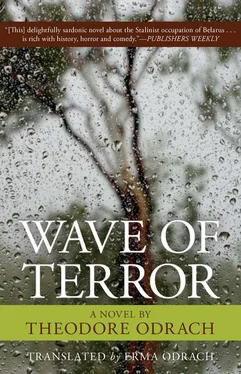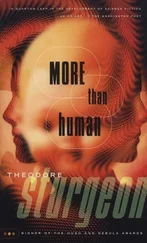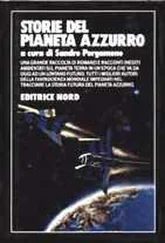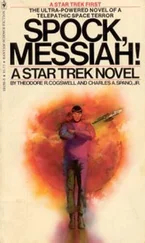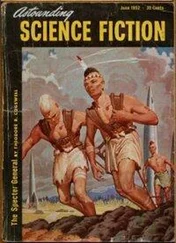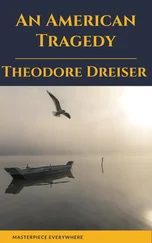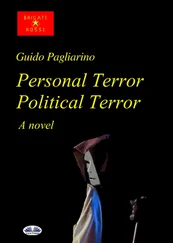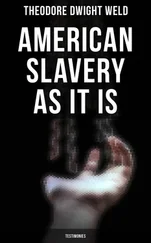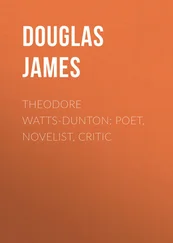Gazing over the marshland, Kulik, taking a deep breath, filled his lungs with the damp air with its smell of bog and waterfowl. A breeze rose up from the low-lying fields and in the distance he could see nesting geese drowned in the flood of the blue-gray mist. As Kulik’s thoughts drifted, there came a familiar voice from over the fence. It was Sergei. “Hello, my friend. Are you ready to check out the snares with me?” Sergei wore a cap with a black visor; an empty sack was flung over his left shoulder, “Maybe we’ll get lucky today and find ourselves a duck or two. But we better hurry before the rain starts up again.”
“I’m ready, but why do you carry only one oar?”
“What do you want another oar for? Besides, this is all I could find.”
In a ditch close to a nearby shed, lay a broad wooden boat with peaked bow and stern. They lifted the boat onto their shoulders, carried it to the river and set it afloat. Kulik climbed in and settled on the crossboards, while Sergei, giving the boat a shove into deeper waters, jumped into the stern. The boat moved silently and easily, rippling the smooth, calm surface on either side. Kulik slipped his hand over the edge and watched the water curl up between his fingers.
The boat headed for a clump of thick bramble bushes. Sergei steered it through an opening between them. The branches on either side were closely entwined and the pale daylight struggled to pierce the tangled foliage. A gray-brown grebe with a dense, silky breast sang softly above them. Before long, the current started to run up against the sides of the boat. Sergei worked the oar harder, trying to fight the rushing water. The boat pitched and tossed on the waves. Paddling quickly, Sergei managed to set the boat on the river’s course, where it traveled with little effort. They passed thick clumps of willows, then swiftly moved to a spread of covering of last year’s grasses. In the distance wild ducks could be heard chattering and flapping their wings. As they moved farther downriver, the sound of ducks was closer.
“The snare I set is just beyond the riverbend.” Sergei pointed to a stand of willows. “Maybe there’s something waiting for us already.”
And sure enough, in a covering of reeds and cattails lay a plump male duck, with pale wings, which at a distance flashed a silveryblue. It lay dead, strung by its neck. Paddling the boat closer, looking at Kulik, Sergei said sarcastically, “Hah! I’m just as good at catching ducks as the NKVD are at catching people.”
Quickly untying the snare, Sergei shoved the duck into his sack and put it in the helm of the boat. They traveled on toward a broad stretch of river, where another snare was hidden deep in a clump of bulrushes.
“It looks like we’re ahead of the game,” shouted Sergei. He opened his sack and stuffed another bird inside.
Pushing farther and farther downriver, they passed mighty walls of alders and willows that swayed gently in the breeze, creaking and singing their low, grave songs. The boughs of the trees were closely interwoven and the canopy of leaves was pierced here and there by slight shafts of daylight.
Sergei looked round uneasily, and said slowly, quietly, as if he were having trouble believing what he was about to say, “The heart of the marshland has no bounds. It’s completely hidden from the NKVD, even though they see everything and they never sleep. This is the only place where one can really feel safe.”
Kulik looked apprehensively at his friend and shook his head. “Maybe for the moment, but it’ll take a lot more than the thicket of these marshes to save the life of a hunted man.”
As Kulik spoke, he was struck with an idea. “Sergei, if only we could do something about this. Our people have got to organize and form a resistance movement of some kind, we’ve got to fight back.”
Sergei leaned toward Kulik. He was unusually serious. “It’s already happening. In Zeleny-Klin a resistance movement is forming. Young nationalists are setting traps for government infiltrators, and they’re setting those traps just as I set them for these ducks. They’re even getting guns. A week ago outside the village Koshirshchina, a secretary of the District Committee was shot dead. Of course the NKVD are wild with anger and they swear revenge. It’s possible Iofe or Kokoshin are next on the hit list— especially Kokoshin.”
“Kokoshin? Why him?”
“Because he heads the spy unit for our Village Soviet. And not only that, he makes lists of all the ‘undesirables’, the ‘enemies of the people’, and hands them over to the higher authorities in Pinsk. He authorizes all the arrests. He’s directly under Sobakin’s jurisdiction and he takes his orders from him.”
“How did you find this out?”
“He pulled me aside one evening, grabbed me by the collar, and reminded me that Sobakin has not forgotten about me, and that one day soon I would be recalled to Pinsk. He said that certain charges, quite serious charges, were being compiled against me.”
A spasm shot through Kulik and his voice trembled. “What are you going to do?”
“Run. Hide. But where? They’ll find me wherever I go. It’s just a matter of time …”
Sergei hid his head in his hands. Kulik did not utter a word.
They continued to float downriver. On the left bank a great blue heron came to feed on frogs and fishes, and near the river’s edge in the bulrushes and cattails, nests of deep-water ducks had gone afloat. It was not hard to imagine something dreadful lurking in the marsh, behind the dark, dense foliage, watching them.
Sergei looked about him. His face was grave. “It seems so quiet and serene here, as if no one can do us any harm. It’s almost the perfect place to calm strained nerves. But the serenity is deceptive, it’s even insidious. There are eyes all around, hidden, following our every move.” Glancing at the tips of the bulrushes, where he could see patches of sky, he whispered, “And Buhai — he’s an informer. Kovzalo, too. About Chikaniuk, I’m not sure. Kokoshin meets with them all on a regular basis. About Ivashkevich I’m not so sure either.”
“Ivashkevich?” Kulik echoed the name, barely audibly. This could confirm his worst suspicions.
“Yes. Let me tell you a few things about Ivashkevich, and then you tell me what you think. When you were in Pinsk the other day, I invited him over for a drink, to check him out, so to speak. Well, he got quite drunk and started in on Ukrainians. ‘You were oppressed by the Poles,’ he said to me, ‘and now the Russians are sinking their teeth into your skins. But you’re like weeds in the chernozem , when you’re pulled out of the earth your roots spread and you take over the fields again. No one can kill your spirit.’
“Then he said, ‘In Hlaby you have a school Belorussian in form and Russian in content, and the children don’t know either language. They’re expected to know Belorussian, but they have to take their lessons in Russian. And the only language they know is Ukrainian. It’s just a big mess. The regime should be better informed about who really lives here in these marshes, that’s what I think.’ He said that maybe he’d go to Moscow himself and set things straight.
“When he got up, he lost his balance and fell. I dragged him upstairs to my bed, and within minutes he was out like a light. It’s a good thing he didn’t take his drunken babble out on the street; he would have been arrested in no time. It seems to me he was bona fide, but I’m not sure — an informer or not an informer? I can’t tell. If he really is an informer, Kokoshin will get little benefit from him because, as you can see, drink has a way of loosening his tongue, and if he’s not an informer, then, well, we’ll just have to wait and see.”
Читать дальше
